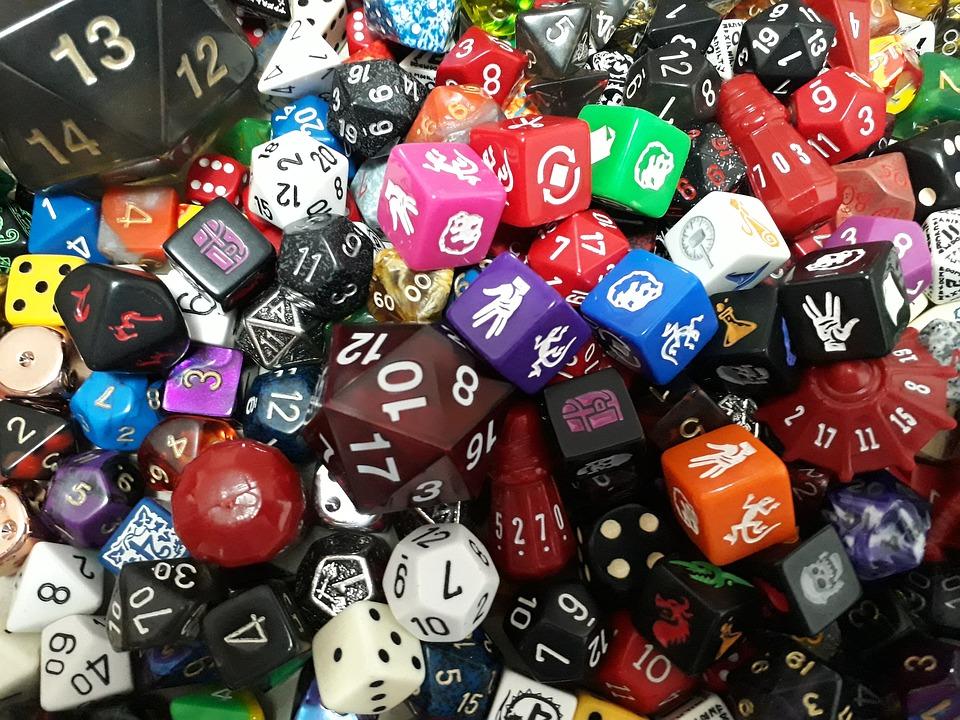Dungeons & Dragons, an interactive fantasy storytelling game, has suffered plenty of undue controversy in the past, as many varieties of entertainment do in their infancy. The 1980s were host to conservative groups who claimed that D&D corrupted the youth, led them to devil worship, or even endangered their lives. These baseless claims have been all but forgotten in the minds of the adults who grew up around such propaganda.
D&D does not, in fact, corrupt youth or worship the devil. Rather, it is a tool for creativity and collaborative storytelling. In a session of D&D, a group of players and a “dungeon master” (DM), the creator of the story and world the other players will interact with, come together for a period of time set aside specifically for the game. If this is the first session, players may create their own characters or use premade characters with a character sheet. This sheet handles all of the character’s stats, abilities, and inventory. The session could either be a continuation of a story from a previous session or be the start of a new adventure. These adventures can range from grand campaigns spanning dozens of sessions to one session of dungeon spelunking, with traps and monsters guarding valuable loot. The players then take on their characters, playing a role in the story that unfolds as they act since it is up to the DM to create the consequences of their actions. This can all be done with a few sheets of paper, a cheap set of dice and the theater of the mind, or even less with contemporary technology.
Widespread access to the Internet and the miniaturization of technology has made getting into tabletop roleplaying easier than ever before. Character sheets can be kept track of on a tablet or laptop. An adjustable number generator can replace dice and make rolls simple to calculate. Books on everything from rules to premade adventures for the game (and its spin-off tabletop role play systems) can be found online with ease. Entire campaigns, friendships and groups can be found with online services like Roll20.net. There are still groups that meet in person, and the groups can be created by anyone and played by anyone. Those with an interest in a face to face experience would do well to look into Michigan Tech’s own D&D club. The club typically meets every Saturday at 2:30 p.m., where current members help show new players the ropes and will find a group or an ongoing campaign that is more than willing to accommodate new members. D&D has, over time, become a hobby that is accessible to anyone willing to learn and wanting to share a story.
Nowadays, D&D has become mainstream and much more accepted than when it started. This pastime has led to a genre of video games, Western RPGs (role-playing games), that are the result of game developers falling in love with tabletop role-playing games like D&D and wanting to bring it to the digital world. Celebrities like Vin Diesel, Mike Meyers, and Felicia Day love to roleplay and even record their sessions to share their stories with others. There are plenty of these ongoing D&D based web series, such as “Critical Role” with a cast of voice actors and “HarmonQuest”, DMed by “Rick and Morty” creator Dan Harmon. There is no doubt that the game will continue to expand as time goes on, attracting intrigue and garnering delight from people from all walks of life.


